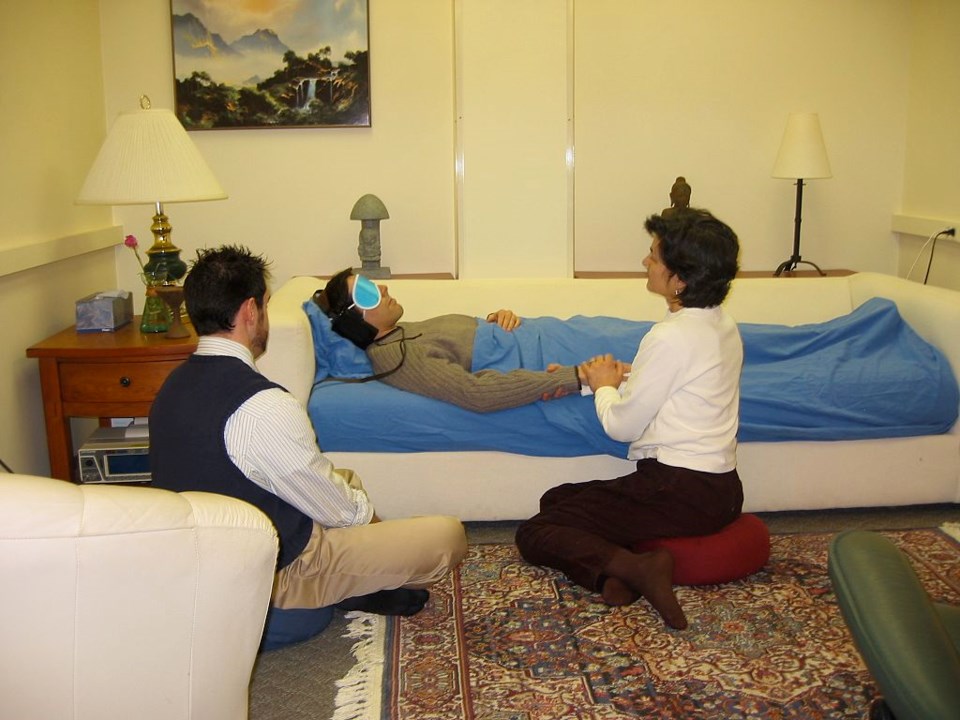You may have preconceived ideas that magic mushrooms are the party drugs of days past. However, in Canada and other countries, regulations are starting to ease on these prohibited psychedelics. The impetus stems from clinical trials showing remarkable results in treating post-traumatic stress disorder (PTSD) and treatment-resistant depression. The question begs, when should you plan for a mind-altering trip?
"Magic mushrooms" grow naturally in many parts of the world. They contain psilocybin, which produces hallucinogenic effects when eaten.
A good many readers may have personal experience. According to data from the 2010 National Survey on Drug Use and Health in the US, an estimated 21 million Americans reported having tried psilocybin at least once.
Despite remaining illegal for the most part in Canada, psilocybin is easy to find. Selling pre-package micro doses of magic mushroom powder (50 to 300 milligrams, far below the amount that would produce psychedelic effects) is becoming big business for online retailers in British Columbia. Some athletes in high stress sports are advocating for the use of micro dosing in the promotion of mental health. And Indigenous Peoples have long respected mushrooms for their medicinal properties.
But the recent move by Alberta to allow psychedelic-assisted therapy means licensed providers can now treat patients with higher doses of psychedelic mushrooms for mental health disorders. A psychiatrist must oversee any treatment.
The great hope is that, even with a single dose of a psychedelic mushrooms, the brain can be redirected away from troubling memory and mood ruts. For terminally ill patients, experimental treatments are showing profound results in easing the prospect of death.
Dr. Sean O'Sullivan, a clinical psychiatrist and Adjunct Professor of Family Medicine at McMaster University, explains, "Psychedelics disassemble the default mode network and they allow a person to have new experiences in a carefully controlled clinical setting. When the default mode network is put back together, it's not put back together in the same way as it was previously."
He reports, for example, treatment of an advanced stage lung cancer patient with “one psilocybin mushroom session occasioning a mystical-type experience that she rated 4 months later as being the single-most personally meaningful experience of her life.”
In 1943, Winston Churchill gave the commencement address at Harvard University, noting with customary eloquence, “The empires of the future are the empires of the mind.” That was wartime talk about knowledge as power. But now at Harvard, it’s the modest but potent mushroom taking center stage.
Michael Pollan is a member of Harvard’s English Department and well known for challenging notions about psychoactive plants. “Fungi constitute the most poorly understood and underappreciated kingdom of life on Earth,” he says.
Thanks to documentaries like Dosed 2: The Trip of a Lifetime, which follows a terminally ill cancer patient’s legal use of magic mushrooms to treat anxiety, understanding among common citizens is changing.
Erika Dyck is a Professor and Canada Research Chair in the History of Health and Social Justice at the University of Saskatchewan. In a thoughtful commentary published by theconversation.com, she cautions against the race “to push psychedelics into the medical marketplace.”
Dyck says we should “take a sober approach to the psychedelic hype.”
The question remains. If a safe, natural, and low-cost mushroom can, in one well-guided experience, dramatically improve the well-being of someone suffering from conditions like PTSD and depression, why wouldn’t a caring society want to enable its use?
We say, let’s put in place the right safeguards. And on this one, perhaps we would be well advised to turn to traditional healers for advice, not the medical establishment.
Sign-up at www.docgiff.com to receive our weekly e-newsletter. For comments, [email protected].



